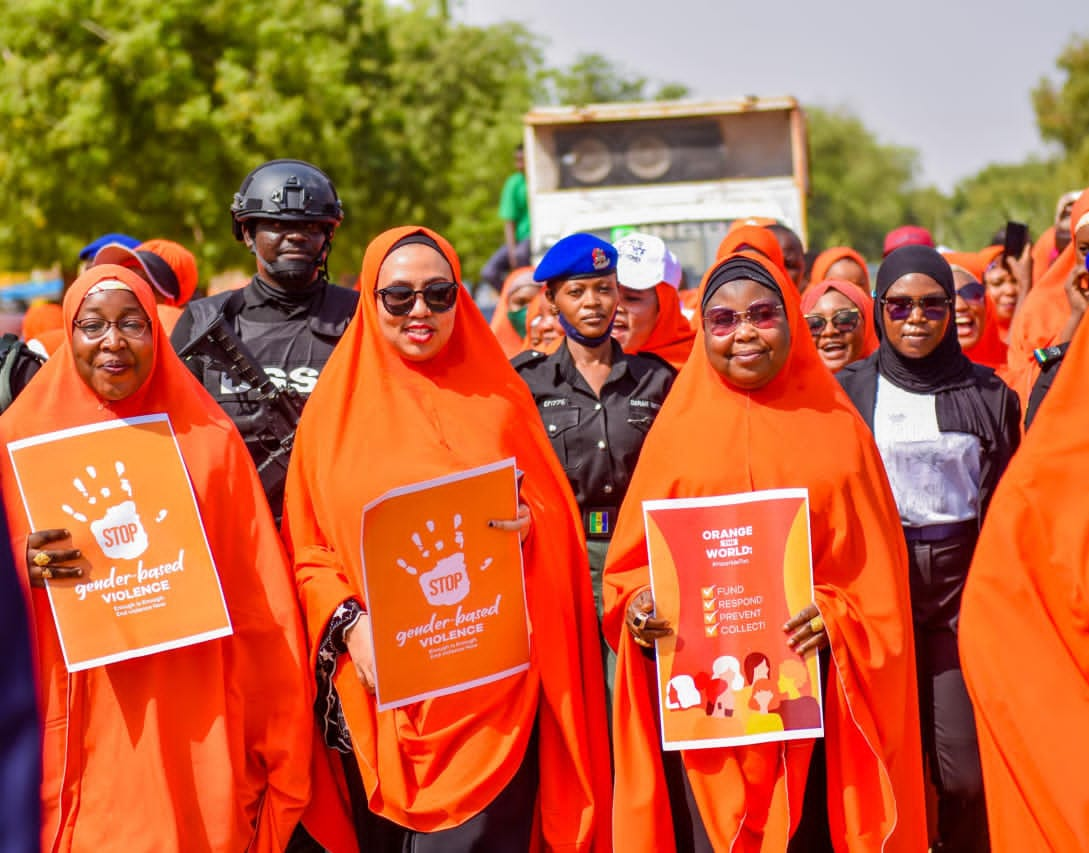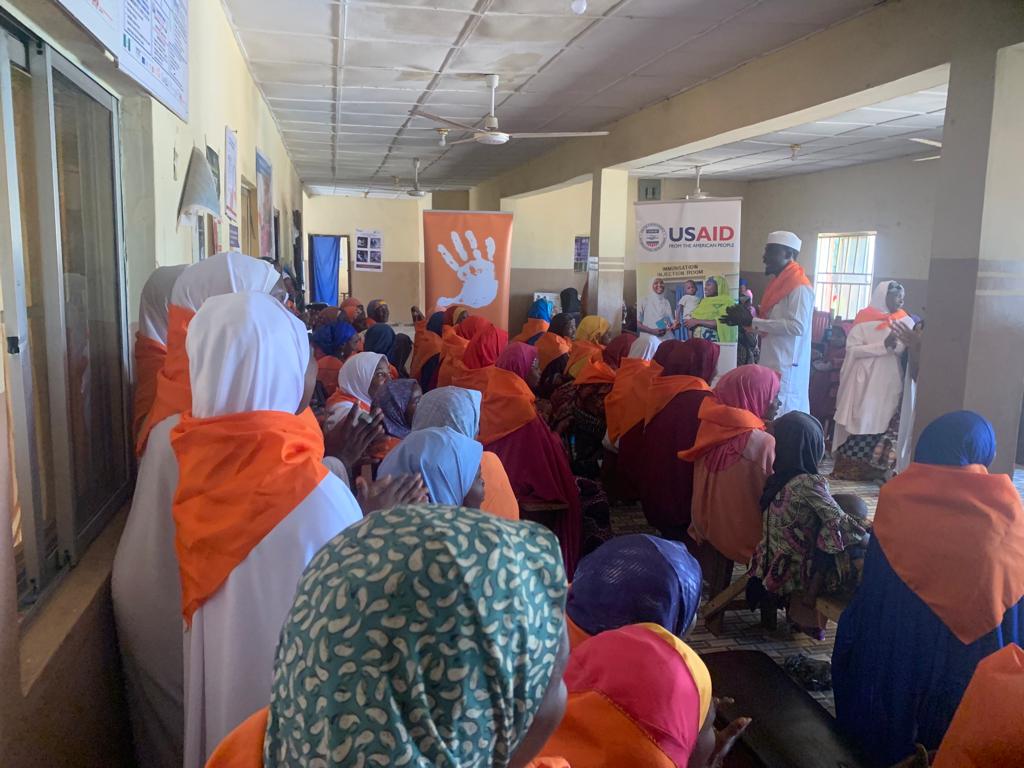The Critical Need for Collaboration in the Pursuit of Ending Gender-Based Violence

We refuse to let gender-based violence (GBV) remain a shadow pandemic. As the last 16 Days of Activism Against GBV have shown, organizations and individuals alike are dedicated to addressing all forms of gender-based violence. We at WI-HER stand with the global community, not only in advocacy efforts but also in the implementation of GBV prevention and response activities and interventions.
If the 16 Days campaign against GBV has made anything crystal clear, it’s this: we must work together to strengthen healthcare systems, advocate for policy-level changes, engage with communities to address harmful norms that contribute to GBV and sensitize them on issues related to GBV, address gaps in GBV identification and care, and create long-lasting solutions that will ultimately end GBV once and for all.
Over the last 16 days, we have heard from individuals all over the world as they share about how they are working to respond to and prevent GBV. These stories, often backed by research about the impact of GBV on individuals and communities, are critical in building awareness and understanding about what we are collectively facing together.
Here are 16 stories and resources that were shared throughout the 2023 16 Days of Activism campaign around the world:
- Data is critical to building informed approaches to GBV prevention and response. This guide from UNFPA shares how violence against women (VAW) prevalence data can be used.
- An article on SBAIC details the importance of utilizing accurate GBV-related data when planning capacity-building activities, with an example from WI-HER’s work on USAID IHP and a grants under contract mechanism.
- A survivor of female genital mutilation (FGM) shares her story and how she’s helping young girls.
- Hear from Nafisa Ibrahim, a nurse-midwife in Nigeria, and how training from WI-HER Gender Advisors, including Helen John, under USAID IHP has influenced her approach to GBV prevention and response.
- This piece from UN Women shares the importance of funding women’s rights organizations in order to end the epidemic of violence against women.
- Stella Abah explains the importance of creating a multisectoral response to gender-based violence, and how WI-HER helped build the capacity of healthcare workers through a grants under contract mechanism.
- The World Health Organization has released resources and an e-learning course for health care providers that is focused on providing survivor-centered care.
- The data shows rates of child marriage are declining, but more still needs to be done to eliminate the practice by 2030, according to UNICEF.
- WI-HER staff reflect on their work in GBV prevention and response.
- A webinar from HealthNet TPO examines the connections between psychosocial wellbeing, peacebuilding, and GBV.
- Lydia Musa describes the role of a Gender Equity and Social Inclusion (GESI) Advisor in addressing GBV to improve healthcare services and referrals.
- To address high rates of HIV incidence, we must understand the connection between HIV and GBV, as the World Bank shows.
- The Sexual Violence Research Initiative (SVRI)’s Africa Shared Research Agenda (ASRA) for ending GBV is a set of research priority recommendations for the field.
- The director of the Department of Justice’s Office of Violence Against Women, Rosie Hidalgo, shares that success in GBV response is not just a reduction in prevalence data, but also comprehensive support for survivors.
- On the World Economic Forum, get to know five changemakers that are dedicated to putting an end to gender-based violence.
- WI-HER joined hands with the World Health Organization (WHO), EngenderHealth, and Dovenet Nigeria to discuss strategies for strengthening the health care system’s response ot GBV. Listen to the 16 Days of Activism webinar here.

While a lot has been done, there is still so much to do if we are going to make real, sustainable strides toward ending GBV. Awareness—and understanding what GBV is and how to help those who have experienced GBV—is not just a first step; it is a step that we must repeat again and again until everyone understands the need to prevent and respond to GBV.
Today, we at WI-HER call upon you to speak out. If you witness any form of violence or abuse, stand up, step in, or shout out. If you suspect someone has been subjected to GBV, please say something or offer to help. We all have a role to play in addressing and ending GBV.